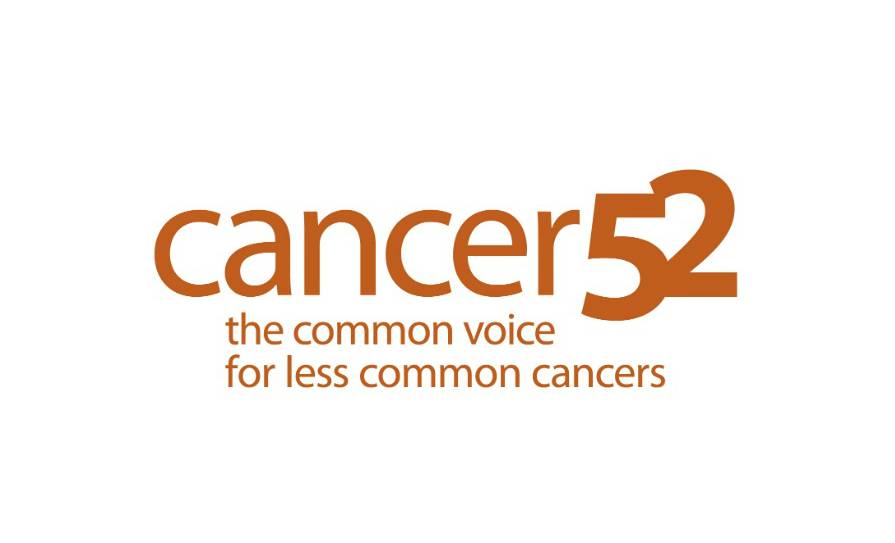Share this Page:
Sharon Kell attending this meeting with Cancer52 members to discuss the progress being made to access data for rare and less common cancers.
During the meeting additional cancer deaths caused by the effects of the COVID-19 pandemic were summarised, along with the sources of accurate information from Public health England (PHE) or the government. A paper published in The Lancet gives an estimate of the 3,291-3,621 additional deaths caused by the pandemic over 5 years and the total additional life years lost across lung, colorectal, breast and oesophageal cancers in England estimated to be 59,204-63,229 years. They concluded that these increases in deaths in England are expected due to diagnostic delays and that urgent policy interventions are necessary to manage the backlog in diagnostics: The impact of the COVID-19 pandemic on cancer deaths due to delays in diagnosis in England, UK: a national, population-based, modelling study – The Lancet Oncology
The effect of COVID-19 on delays in surgery was also discussed. The following paper considers all surgery (not just cancer) in 1,128 adults in Italy, Spain and the UK near the start of the pandemic. Around two thirds of people had COVID-19. Postoperative mortality at 30 days was high at nearly a quarter (23.8%). Pulmonary complications occurred in over half of all patients (51.2%) and 30-day mortality in these patients was 38%, accounting for 82.6% of all deaths. Risk factors for mortality were over 70 years of age, male sex, poor preoperative physical health, emergency versus elective surgery, malignant versus benign/obstetrics surgery and major versus minor surgery: Mitigating the risks of surgery during the COVID-19 pandemic – The Lancet
After COVID-19, the Get Data Out initiative was talked about (kidney data has already been analysed): CancerData. Then the Cancer Patient Experience Survey (CPES) was discussed and whether there is any way to break down the various cancer types of cancer into rare and less common cancer and analyse the free text answers, which would be useful for rarer cancers.















